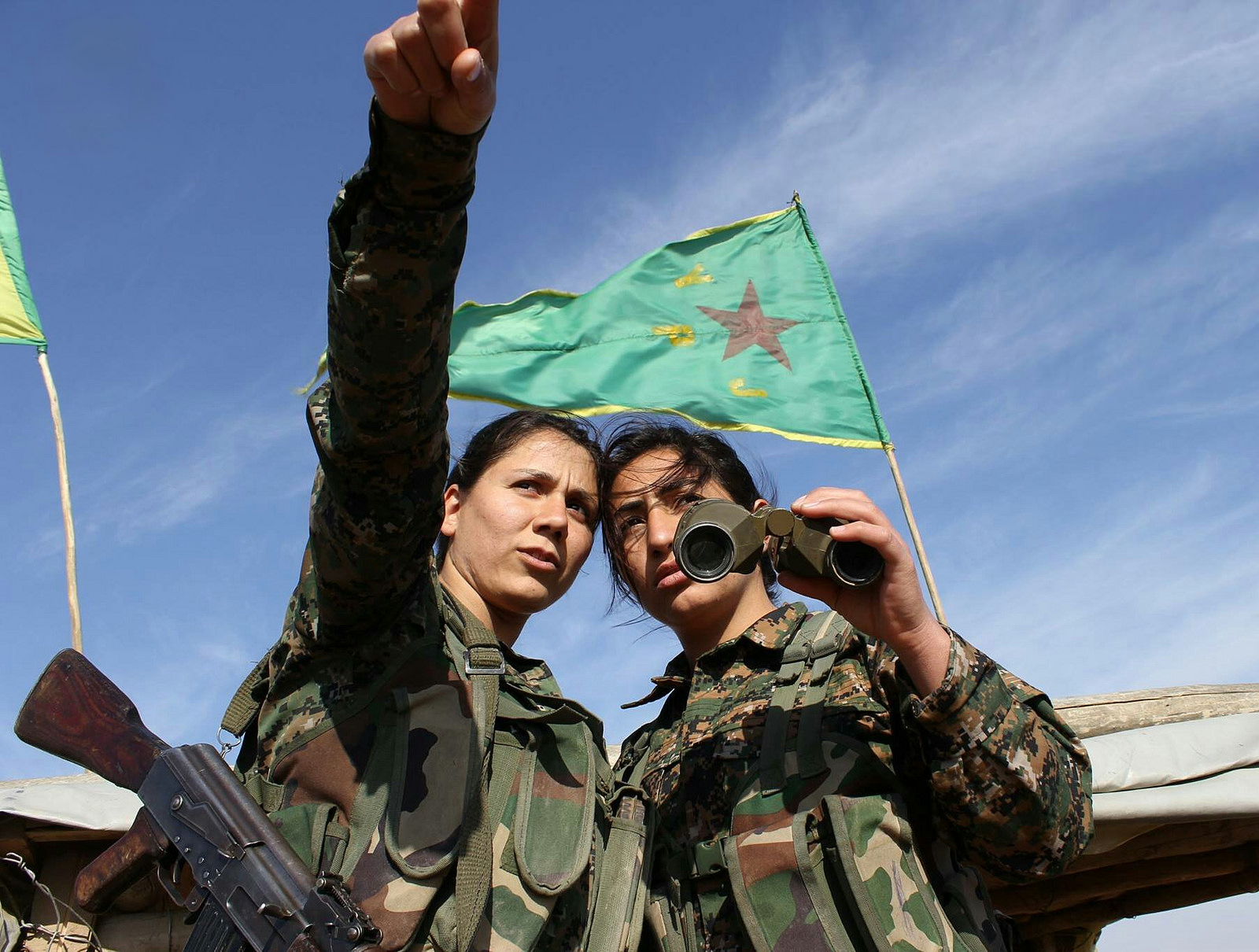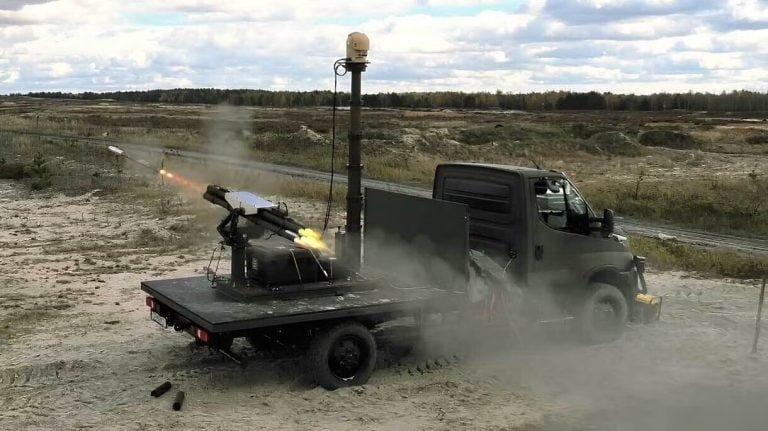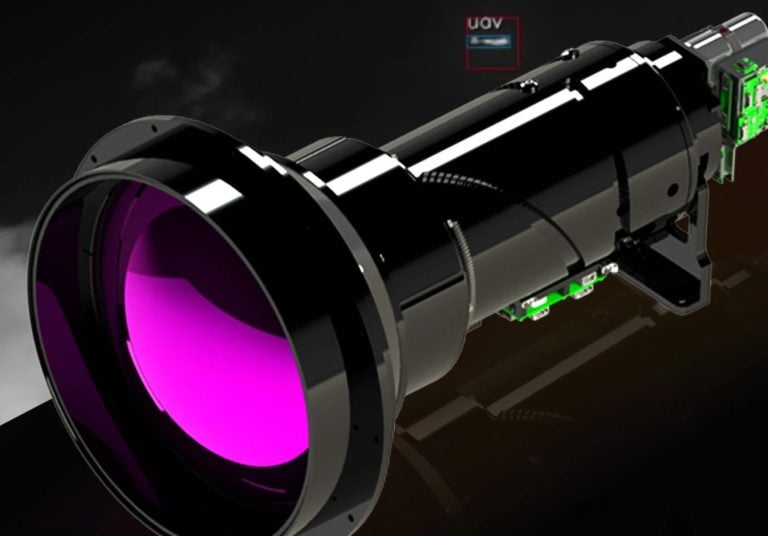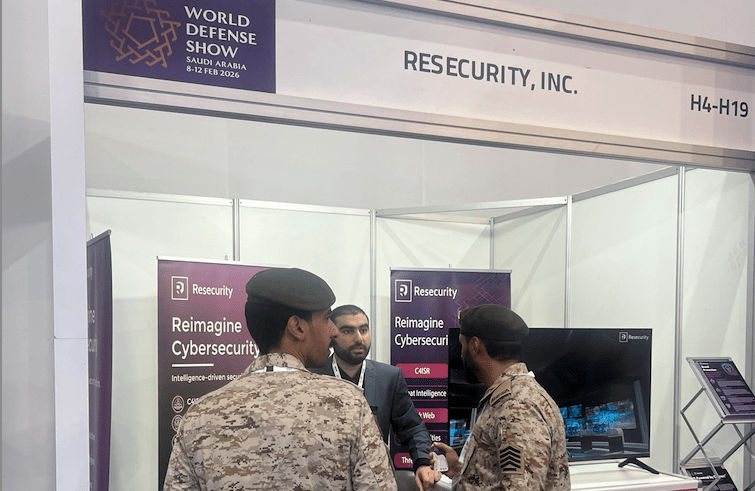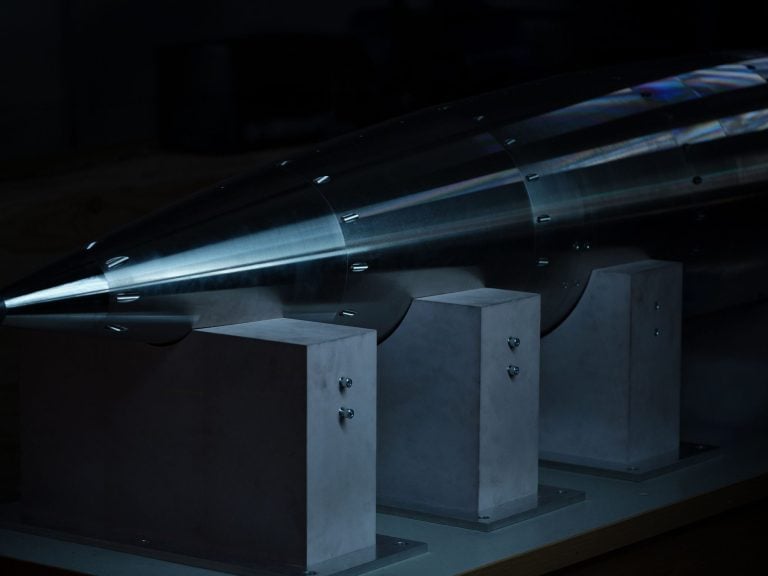Turkey’s defense ministry confirmed that its military operations against the Kurdistan Workers’ Party (PKK) will persist until the perceived threat from the separatist militants is fully eradicated. This announcement follows the PKK’s recent decision to dissolve and end its decades-long insurgency, which resulted in over 40,000 casualties.
During a briefing on Thursday, a ministry spokesperson reiterated that military actions will continue in regions identified as PKK strongholds, particularly in northern Iraq. These operations will involve thorough search and scanning activities aimed at locating and destroying caves, shelters, mines, and improvised explosives associated with the PKK.
A source within the ministry emphasized that, despite the PKK’s disbanding, vigilance remains crucial. Concerns have been raised about potential provocations from factions within the PKK that may oppose the dissolution. The source stated that if the disbanding is executed effectively, Turkey would resume its operations to prevent these areas from being exploited by terrorist groups.
The PKK is designated as a terrorist organization by Turkey and its Western allies. It has historically used bases in Iraq’s autonomous Kurdistan region, which is also home to Turkish military installations. Turkey frequently conducts air and ground operations in this area to target PKK militants. Additionally, the PKK maintains a presence in Syria, where Turkey has established bases to curb militant activity along its border.
To monitor the disarmament process, Turkey’s intelligence agency, MIT, plans to collaborate with security forces in Iraq and Syria, given the impossibility of Turkish armed forces directly conducting operations in those countries. The Turkish military reassured that it would continue its presence in both Iraq and Syria until security is assured, stating that any military support would be provided as necessary.
Significantly, the source specified that no external parties, including the United Nations, would be involved in the disarmament process. The resolution of regional issues must remain in the hands of the countries directly affected, it was noted.
Control of weapons handover is set to be overseen by Turkish intelligence officials across Turkey, Syria, and Iraq. This process will involve registering the arms and identifying the fighters, in coordination with local authorities in the respective regions. Turkish President Recep Tayyip Erdoğan remarked that the intelligence service will monitor the process closely to guarantee compliance with the commitments made during the disbanding.
